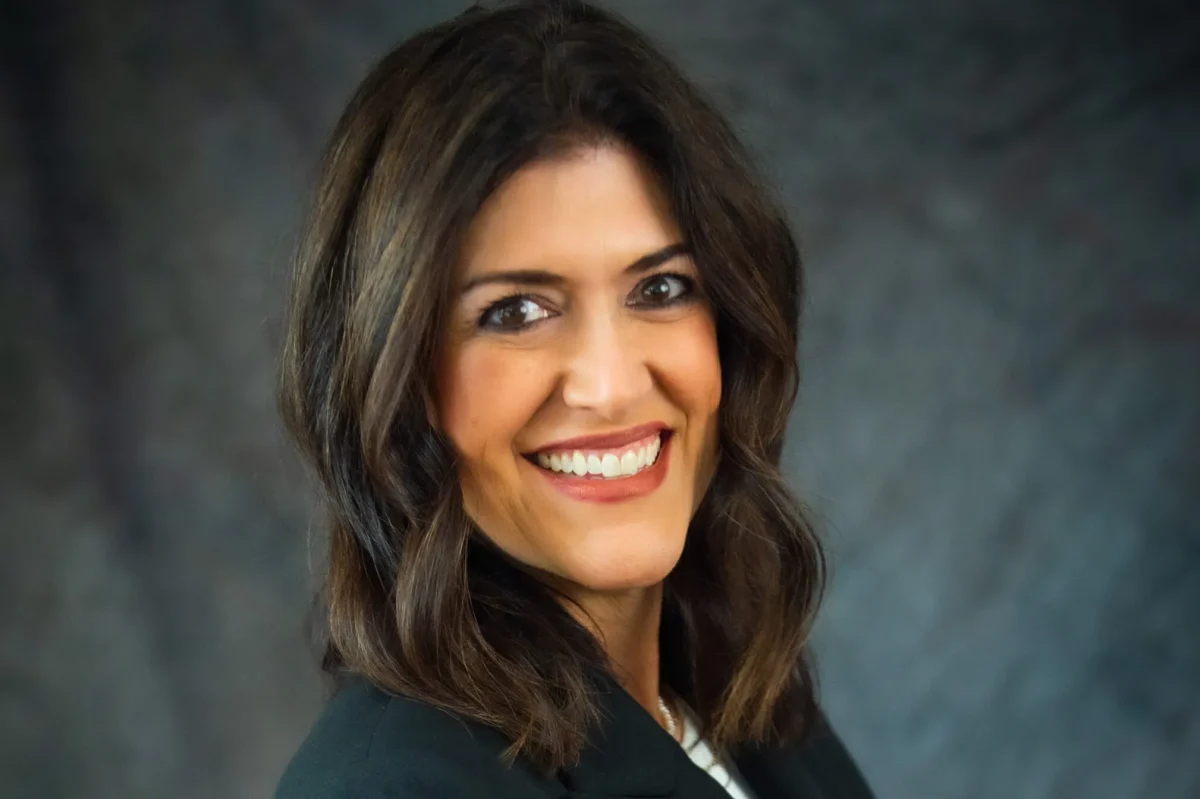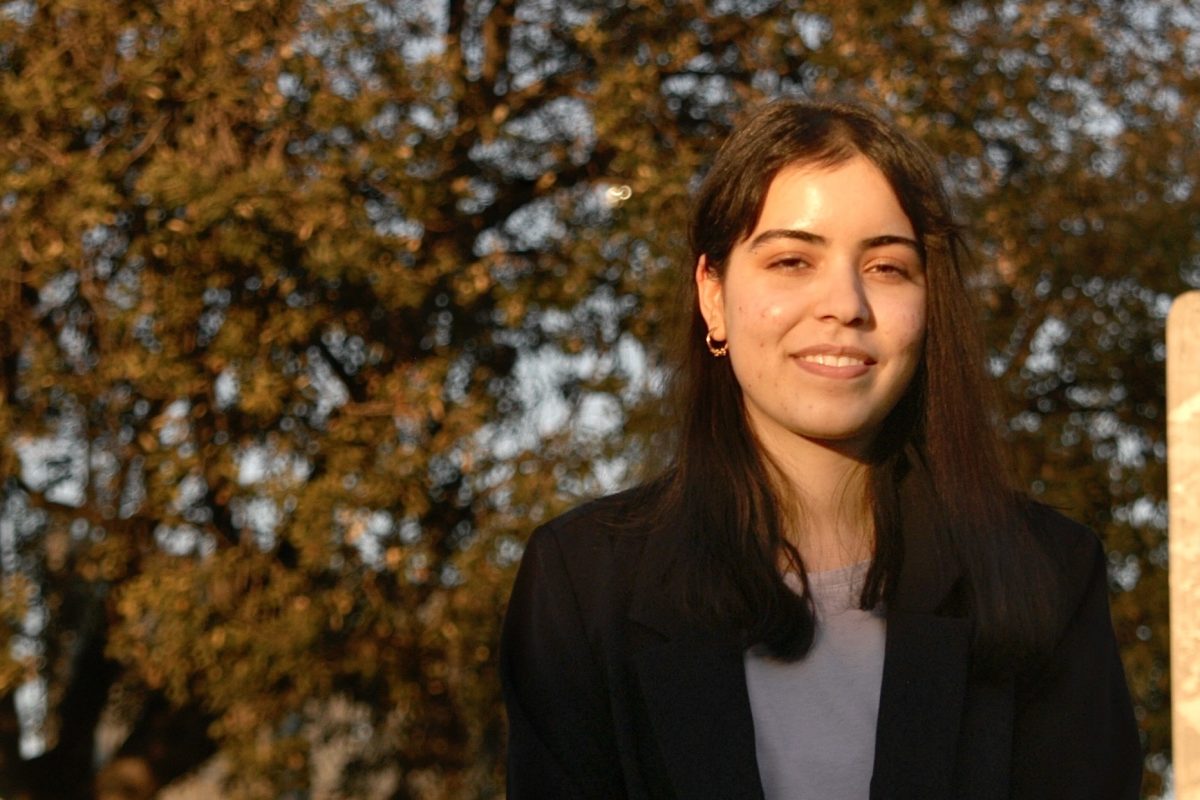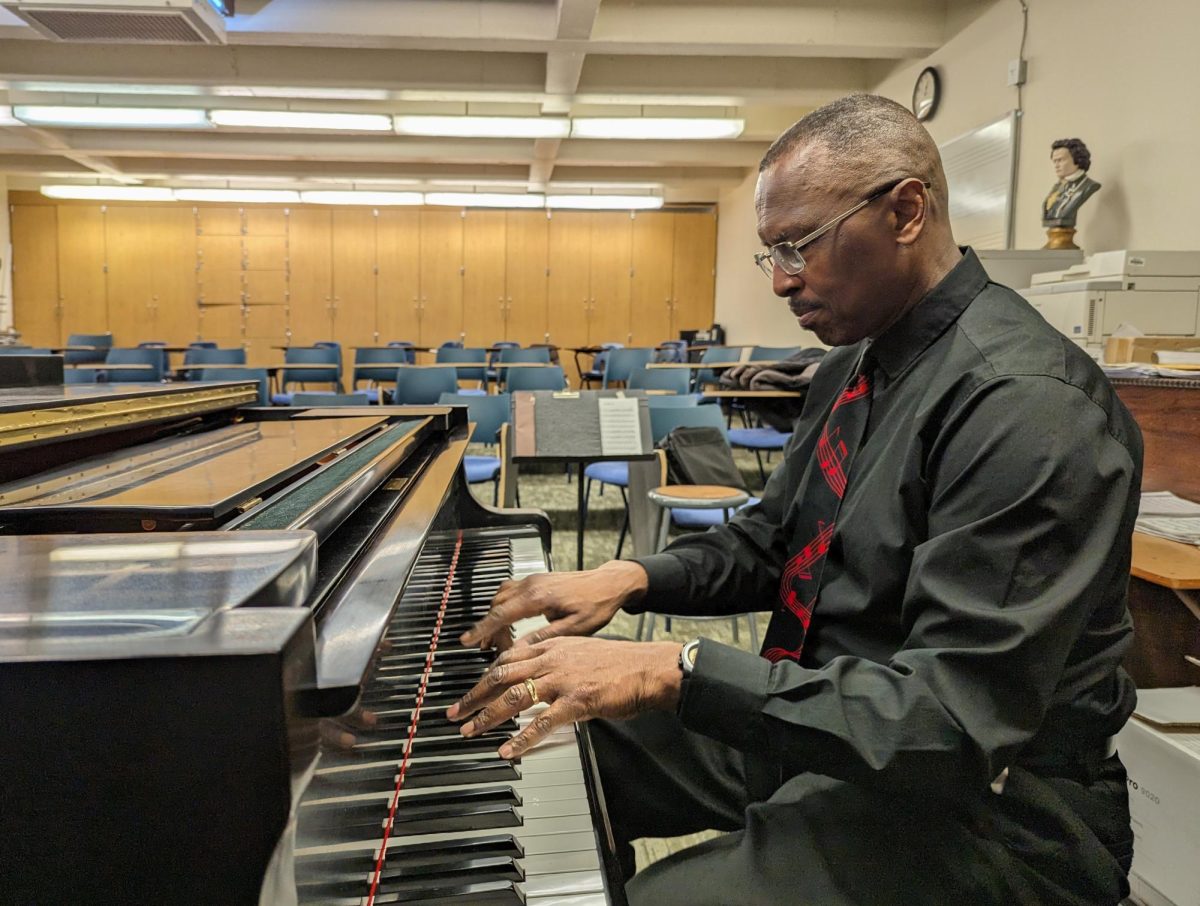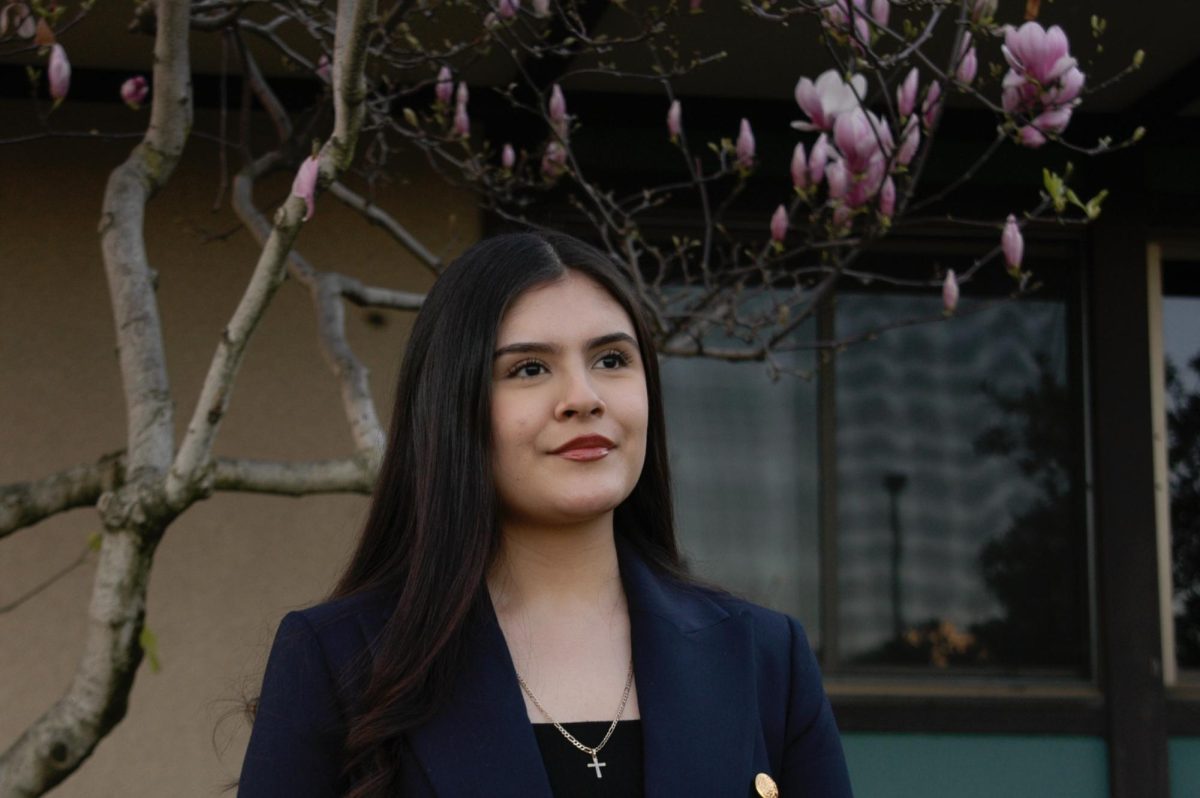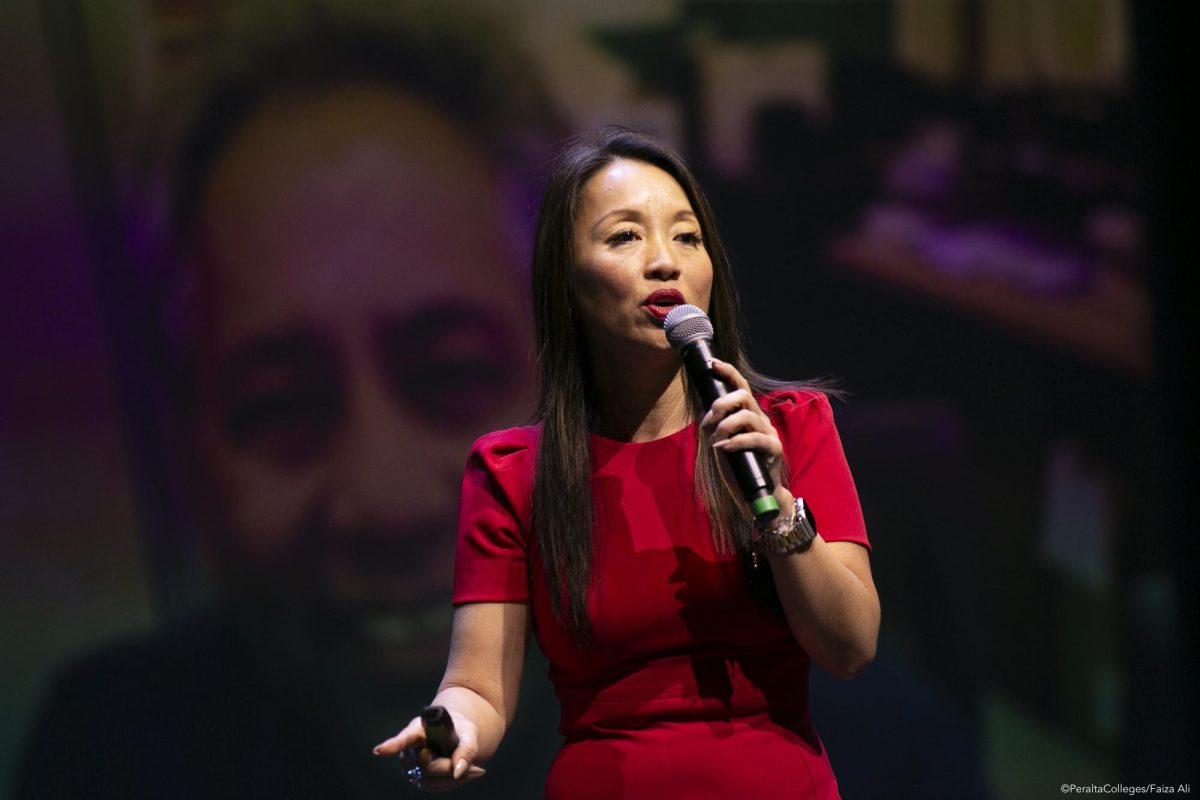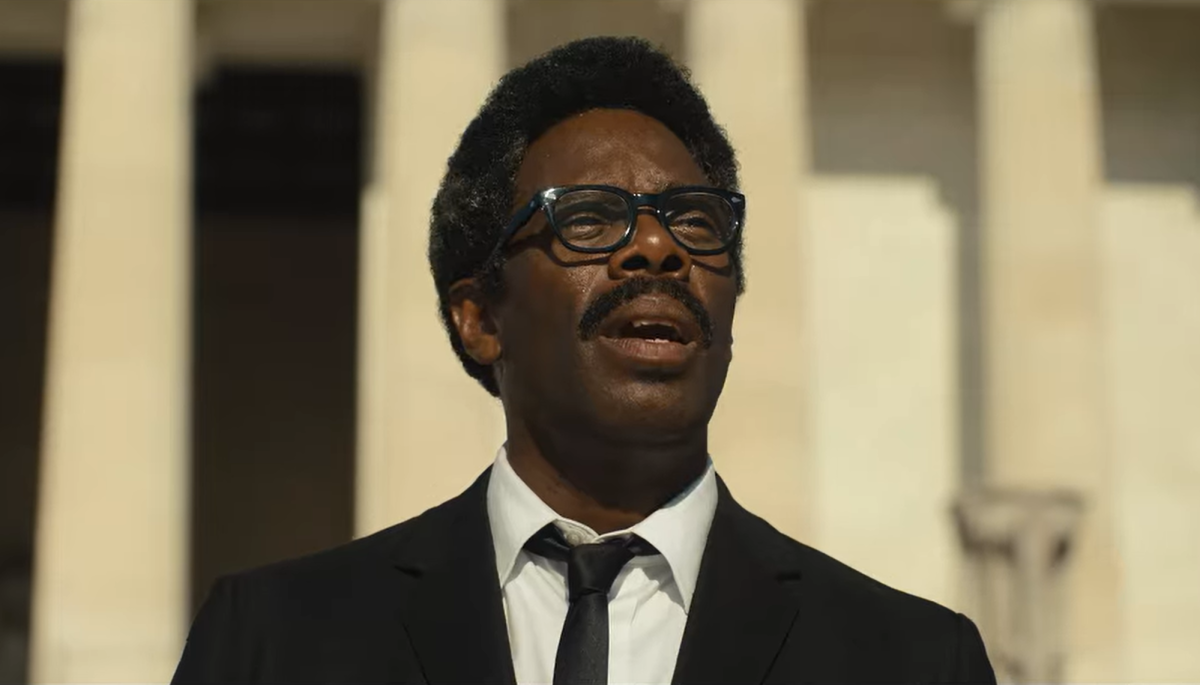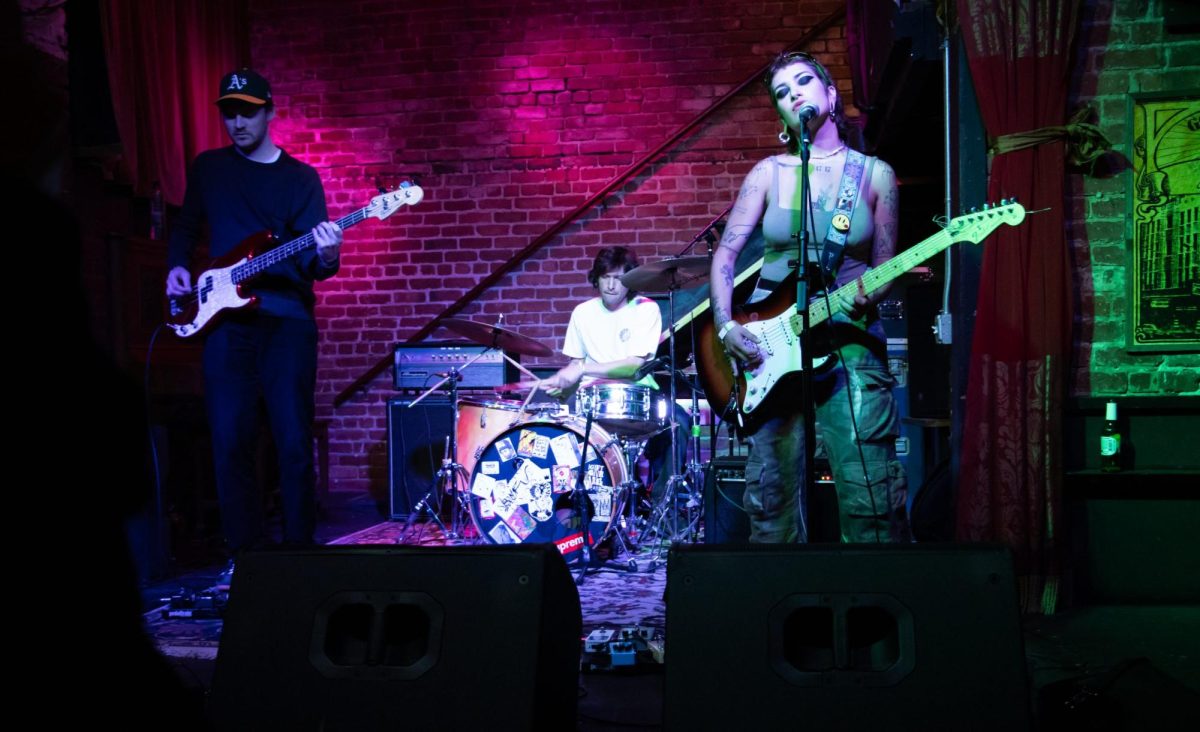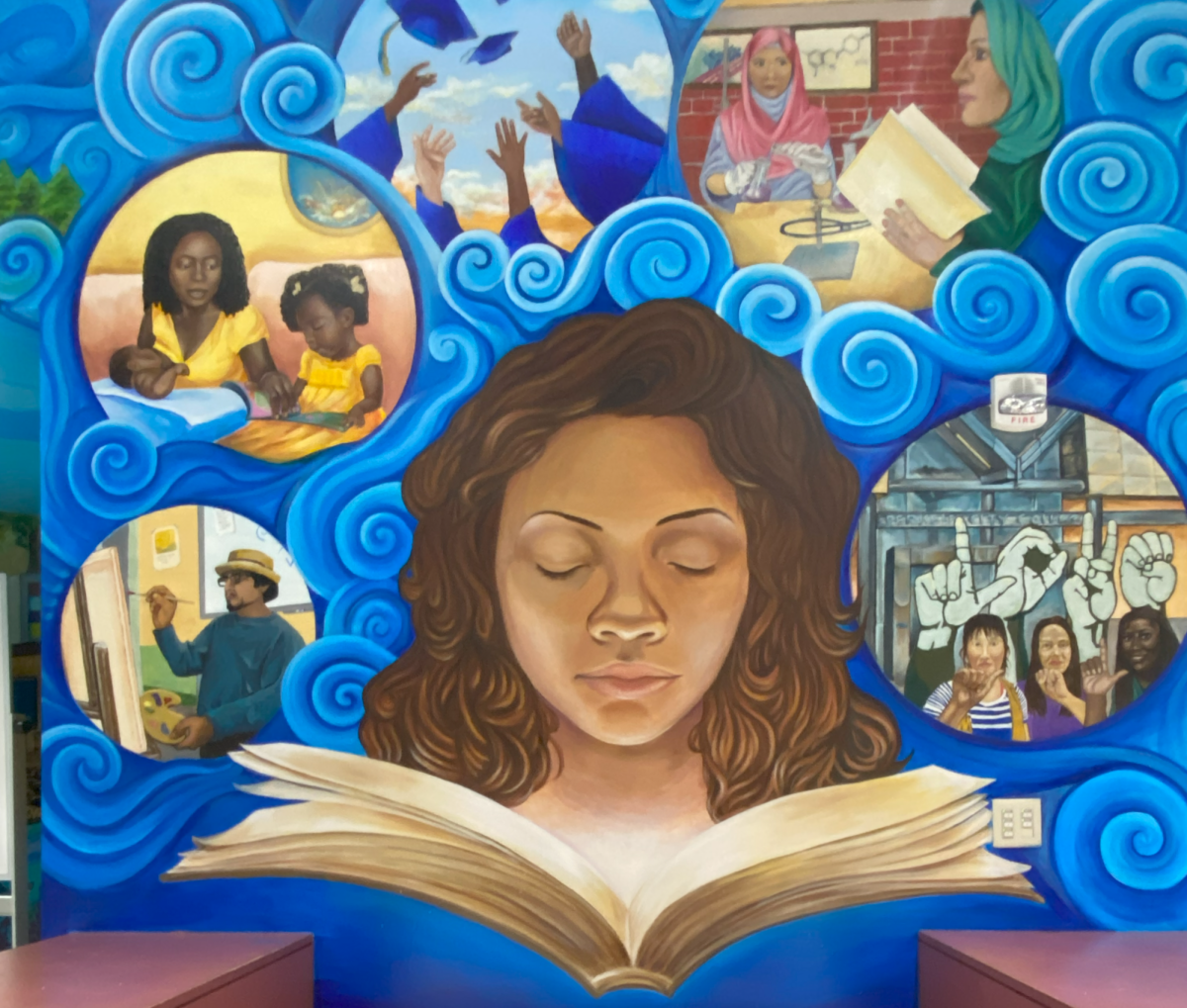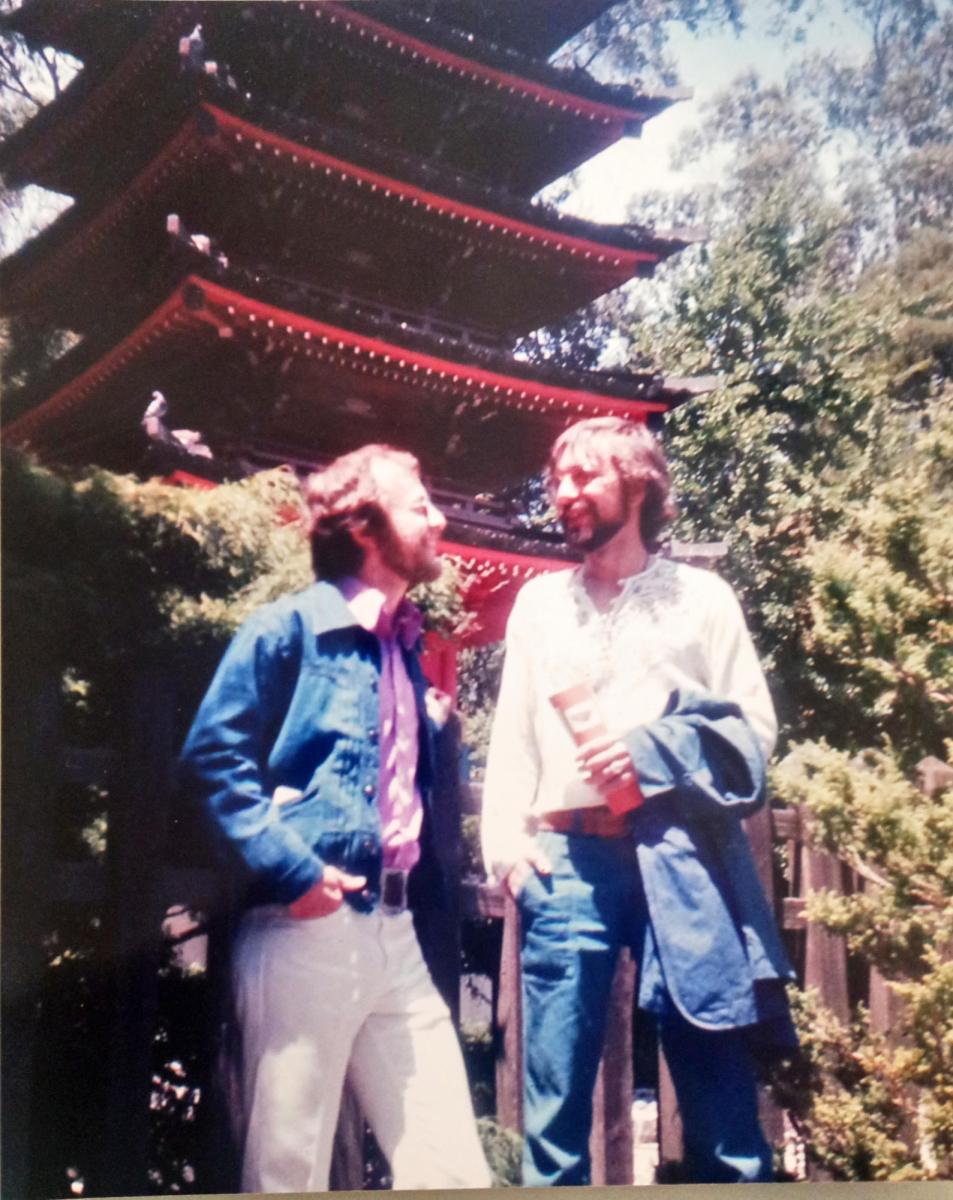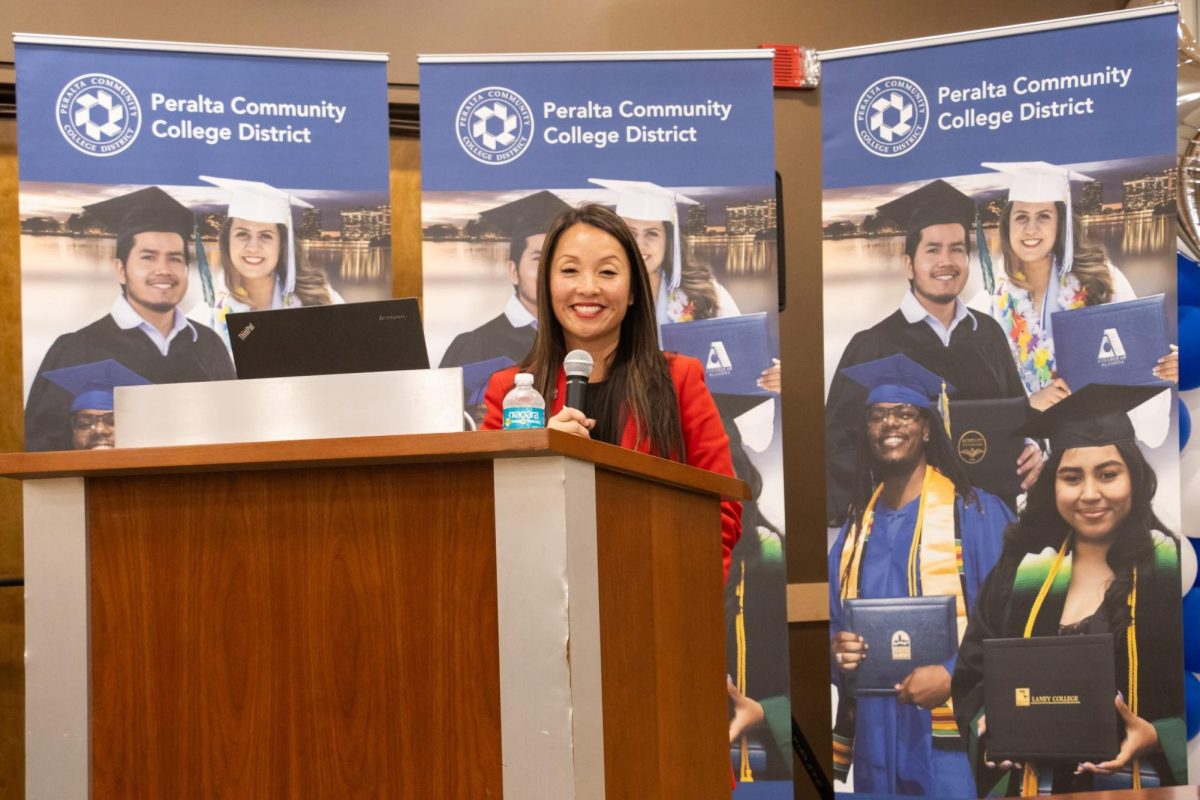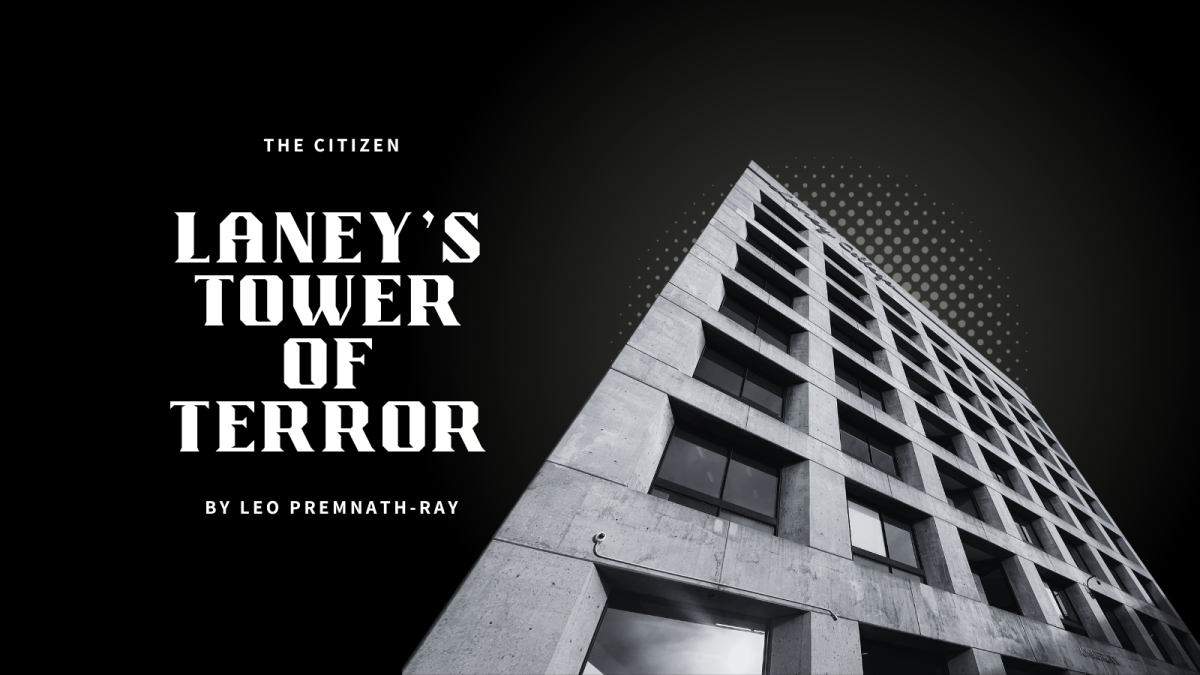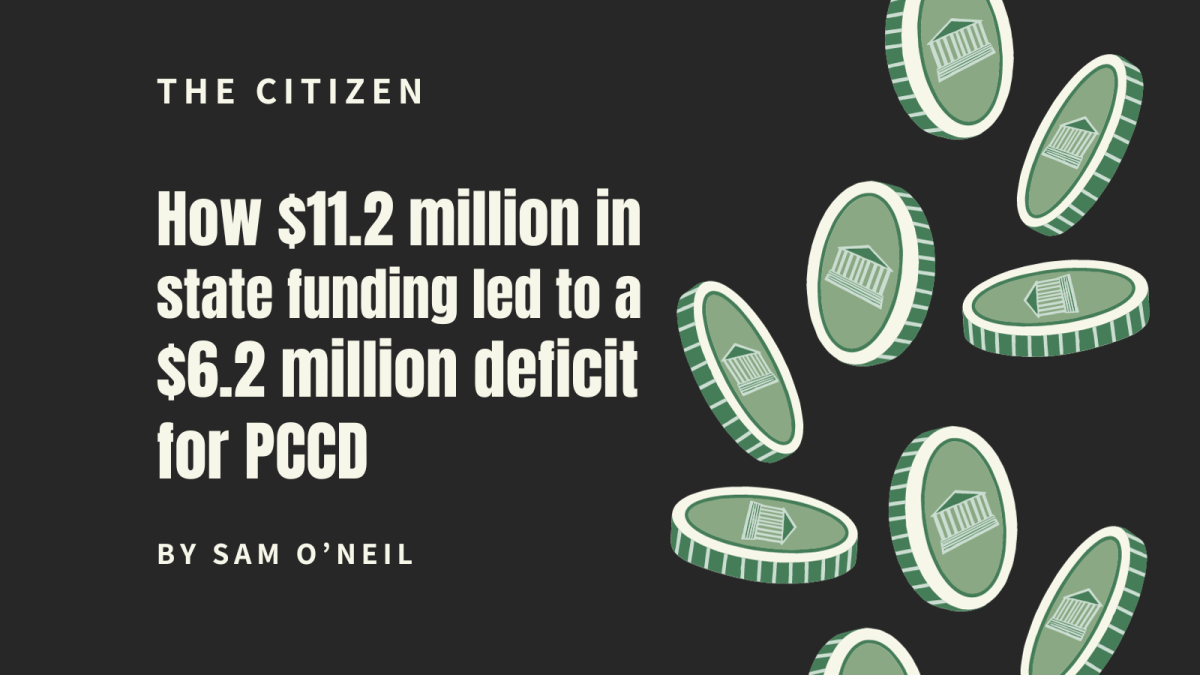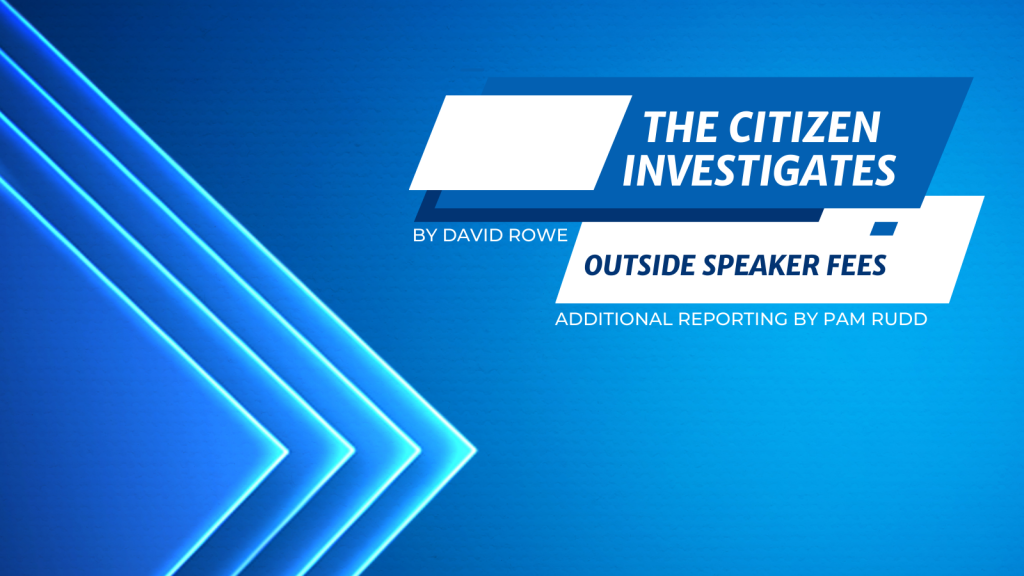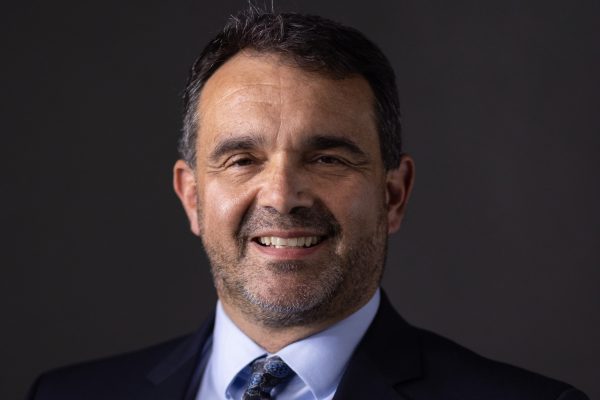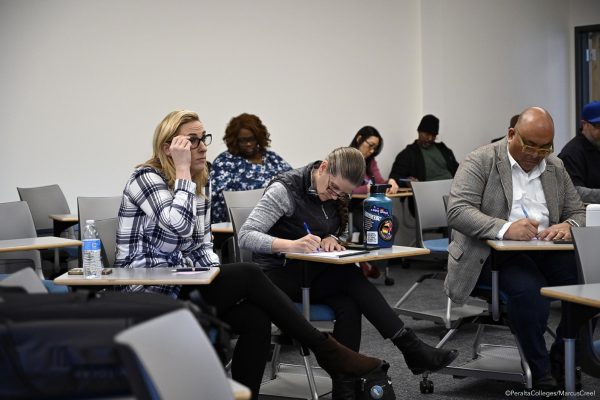The Electoral College made Donald Trump our next president, despite Hillary Clinton winning the popular vote by 1.67 million votes. The Electoral College made George W. Bush president when Al Gore won the popular vote. Recently, people have become more aware of how the College is relevant in their lives, and how it has come to subvert the will of the people.
The Founding Fathers of this country were afraid of putting too much power in the hands of any one person, branch of government, section of the country or in the people, so they established the Electoral College. The College was meant to ensure that all states would have a voice.
The Founding Fathers did not trust the people to understand what was in their best interest. They were afraid that an ignorant citizenry could be swayed by unscrupulous people.
Although the Electoral College did its job and stopped a group of the more populated states from dictating the outcome of the election, it is time to rethink its usefulness. It is time to put the power in the hands of the people.
On “Democracy Now!,” John Koza, the chair of National Popular Vote, an organization seeking to change state laws to effectively get rid of the Electoral College without amending the Constitution, said, “The problem …is not the existence of the [College]. It’s the state winner-take-all laws that give all of a state’s electors to a candidate who barely wins a plurality of a vote inside a particular state.”
Koza goes on to say that with elections being so close there will probably be more elections where the electoral votes do not reflect the popular vote.
Eleven states have already passed the National Popular Vote Proposal, which ensures that all of a state’s electors will be pledged to the candidate receiving the most popular votes.
California and New York are among these states. So far states with a total of 105 electoral votes have passed these laws. In order for this to become law, states with a collective total of 270 electoral votes must pass it.
Bonnie Oviatt is the Editor-in-Chief of the Tower. E-mail her at btower(at)yahoo.com.

